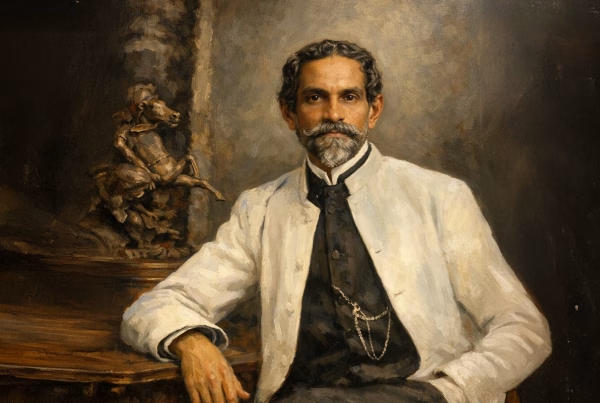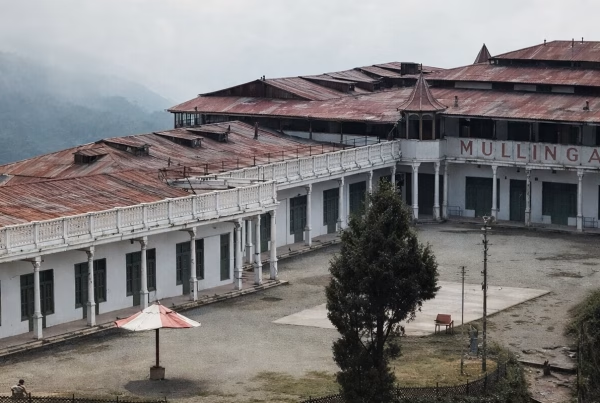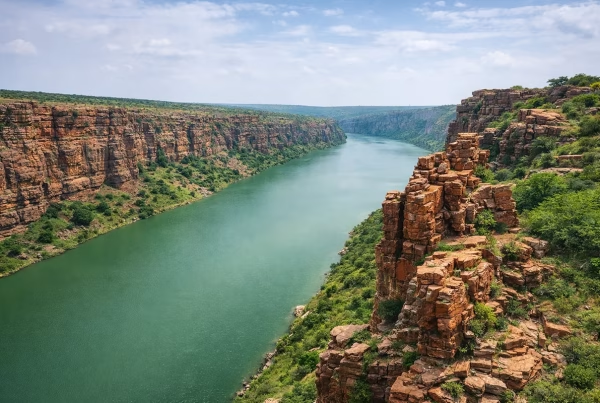The Partition of India in 1947 is one of the most significant events in modern history. It not only divided land but also tore apart families, friendships and communities. On 15 August 1947, India gained independence from British rule. At the same time, the country was divided into two nations, India and Pakistan. The India-Pakistan Partition changed the course of millions of lives forever.
Why did the Partition of India happen?
Many people still ask, Why did the Partition of India happen? The reasons were complex. The British government, after ruling for almost 200 years, decided to leave. But there were growing differences between communities, especially between Hindus and Muslims. The demand for a separate homeland for Muslims, led by the All-India Muslim League and Muhammad Ali Jinnah, gained strength.
At the same time, the Indian National Congress pushed for independence. The British chose to divide the country, seeing it as the easiest way to transfer power. The decision was taken quickly, without enough planning. This led to confusion and violence on both sides of the new border.
Who was responsible for the Partition of India?
So, who was responsible for the Partition of India? Historians debate this question. Some blame the British, who wanted to leave quickly and secure their own interests. Others point towards the political differences between the Congress leaders and the Muslim League. Many believe that it was not the people but politics that divided the land. Ordinary Hindus, Sikhs and Muslims had lived together peacefully for centuries before 1947.
Consequences of Partition
The consequences of the Partition of India were devastating. Close to 14 million people crossed the borders in both directions, making it one of the largest migrations in history. Families had to abandon homes, land and everything they owned. Trains full of refugees moved between India and Pakistan. Sadly, many of these trains also carried victims of communal violence.
The impact of the Partition of India can still be felt today. More than one million people lost their lives due to riots, starvation and disease. Women and children suffered the most. Communities that had once celebrated festivals together now became suspicious of one another.
Effects on daily life
The effects of the Partition of India went beyond politics. Wealthy families became poor overnight. Farmers who owned land in one country suddenly became refugees in another. Skilled workers and traders had to start again from zero. Many families had only one set of clothes and no shelter. The trauma lived on for generations.
At the same time, people also showed great courage. Neighbours helped one another. Strangers shared food and water with refugees arriving by train. The military tried to provide protection, though resources were limited. Survival itself became an act of bravery.
Long-term impact
The Partition of India and Pakistan created long-lasting tensions between the two nations. Several wars were fought after 1947, and the relationship remains sensitive even today. The division also created questions of identity for people who left their homes behind. For some, memories of villages, friends and childhood are all that remain.
Yet, Partition also shaped the new nations. India moved towards democracy and economic reforms, while Pakistan began its journey as a separate homeland for Muslims. Literature, films and history books have kept the memory of 1947 alive. Works like Khushwant Singh’s “Train to Pakistan” remind us of the human cost of political decisions.
Conclusion
The Partition of 1947 was more than a line drawn on a map. It was a human tragedy that changed millions of lives. It reminds us how fragile peace can be and how politics can affect ordinary people. Today, when we ask who was responsible for the Partition of India or wonder about the effects of Partition, it is essential to remember the real stories behind those numbers.
The Partition was both the birth of two nations and the breaking of countless hearts. Its lessons continue to guide us, urging unity, tolerance and understanding among people of all faiths.





